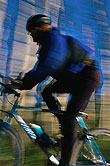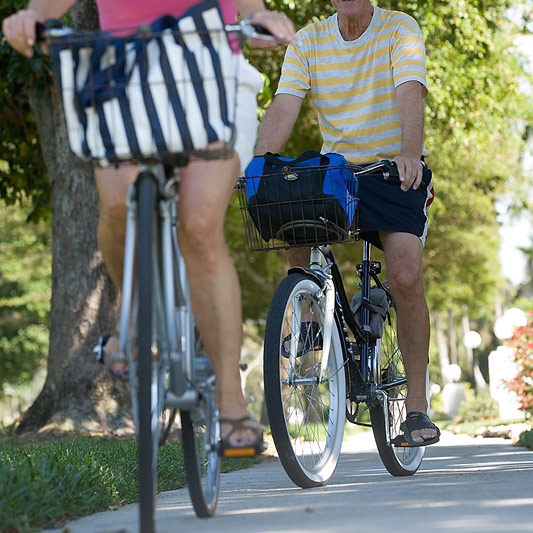
FRIDAY, June 24 (HealthDay News) — Most athletes will attest to the importance of warming up before a competition, but warm-ups that are too rigorous can hurt an athlete’s performance, a new study indicates.
In examining 10 highly trained track cyclists, researchers from the University of Calgary Human Performance Laboratory in Alberta, Canada, found shorter, lower- intensity warm-ups were better for enhancing performance.
Warm-ups are intended to boost an athlete’s muscle contractile response through a process called post-activation potentiation (PAP), in which brief bouts of strenuous physical activity trigger a biochemical change. However, this study revealed some warm-ups may be counter-productive.
The cyclists participated in two warm-ups: a longer, traditional warm-up lasting 50 minutes in which they reached 95 percent of their maximal heart rates and a shorter, 15-minute warm-up that enabled the cyclists to reach only 70 percent of their maximal heart rates. Researchers measured the cyclists’ muscle contractile response and peak power output before, during and after the warm-ups.
Comparing the effects of both types of warm-ups, the researchers found the shorter warm-up produced less muscle fatigue. Decrease in muscle contractile response was greater after the traditional warm-up.
The results are an indication that “an even shorter warm-up might be better for athletes who want to tap into PAP,” study co-author Elias K. Tomaras said in a news release from the American Physiological Society.
The shorter warm-up also resulted in more peak power output among the cyclists. In fact, the study showed that peak power output was 6.2 percent higher and total work was 5 percent higher after the shorter warm-up.
The study, published in the Journal of Applied Physiology, could make a significant difference in competition, the researchers argued. They also pointed out the results could be particularly significant for sprint athletes, such as cyclists, relay runners, track sprinters and swimmers, whose competitions involve several events close together.
“The findings suggest that competitive athletes may reap greater rewards from PAP by engaging in less strenuous warm-up than conventional wisdom dictates,” co-author Brian R. MacIntosh said in the news release. “A better approach would be to aim for just enough activity to promote PAP without creating fatigue.”
More information
The U.S. National Institutes of Health provides more information on sports fitness.

